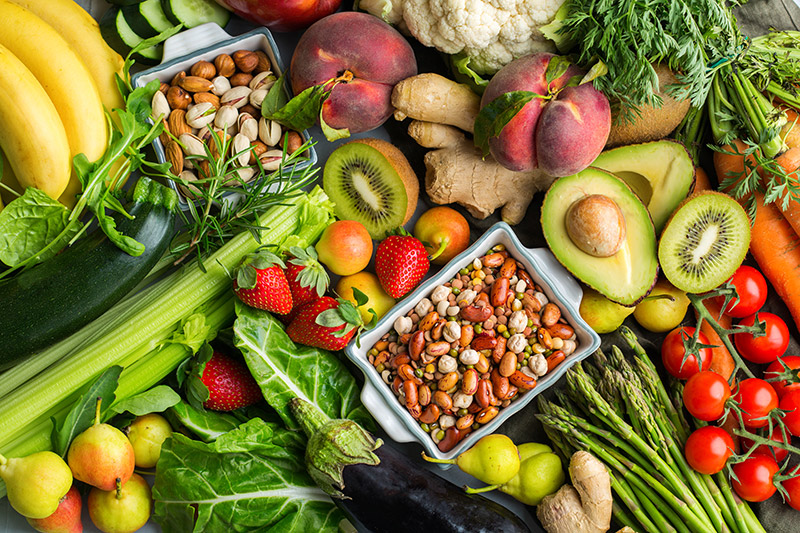HEALTHWISE

HOW THE FOOD YOU EAT CAN MESS WITH YOUR MEDICINES
Most of us know we should avoid mixing alcohol with certain medications. But did you know that everyday foods – from pomegranates to leafy greens – can also change how drugs work in your body? Sometimes they make medicines stronger, sometimes weaker, and in rare cases, dangerously toxic.
Take the case of a 46-year-old man in India who landed in the ER after a painful five-hour erection. He had taken Viagra as prescribed, but he also drank a big glass of pomegranate juice. Doctors concluded that the juice had accidentally supercharged the drug, leaving him in agony.
This isn’t an isolated story. Scientists have long known that food and medicine can interact in surprising ways. Grapefruit, for example, is infamous for interfering with drugs ranging from cholesterol-lowering statins to blood pressure tablets. It works by blocking an enzyme that normally breaks down medicines, causing drugs to linger in the body at much higher – and sometimes toxic – levels.
Other foods have the opposite effect. Fibre-rich meals can reduce the absorption of some medications, making them less effective. Leafy greens, packed with vitamin K, can interfere with the blood thinner warfarin, reducing its ability to prevent clots. Doctors usually adjust the dose to match a patient’s normal diet.
And it’s not just food – herbs and natural extracts can be just as potent. Turmeric, artichoke tea, and St John’s Wort have all been linked to dangerous interactions with arthritis drugs, cancer medications, and antidepressants. These are often harder to track because herbal remedies aren’t regulated as strictly as pharmaceuticals.
The tricky part is that drug-food interactions aren’t always obvious, and not every case is dangerous. Some can be mild, while others can be life-threatening. That’s why experts stress the importance of being consistent with your diet when on long-term medication – and letting your doctor know about everything you consume, including juices, teas, and supplements.
Researchers are now studying these interactions more closely, not just to avoid risks but also to see if they can be harnessed to make medicines more effective. But until then, it’s worth remembering: what’s on your plate can sometimes change what’s in your pill bottle.
"This represents a significant development in our ongoing coverage of current events."— Editorial Board









